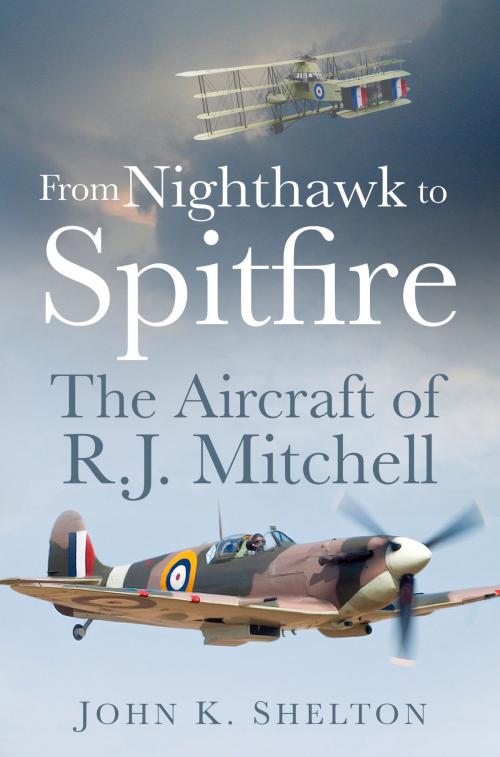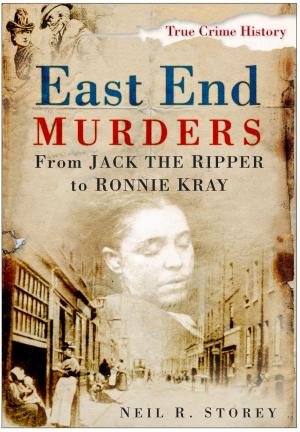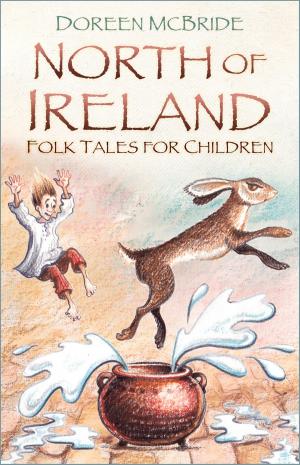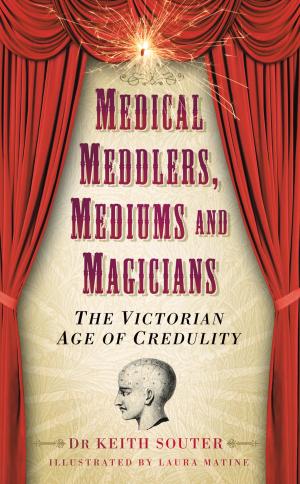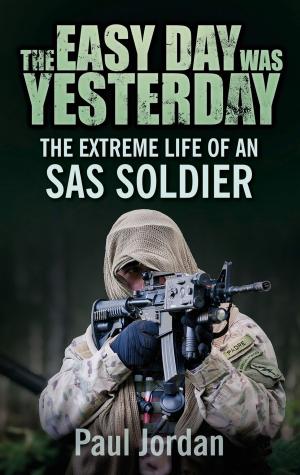From Nighthawk to Spitfire
The Aircraft of R.J. Mitchell
Nonfiction, History, Military, Aviation, Biography & Memoir, Reference| Author: | John K. Shelton | ISBN: | 9780750965507 |
| Publisher: | The History Press | Publication: | July 6, 2015 |
| Imprint: | The History Press | Language: | English |
| Author: | John K. Shelton |
| ISBN: | 9780750965507 |
| Publisher: | The History Press |
| Publication: | July 6, 2015 |
| Imprint: | The History Press |
| Language: | English |
R. J. Mitchell was virtually self-taught; surprisingly, almost all his other aircraft 24 aircraft were slow-flying seaplanes. How a lad from the land-locked Midlands, apprenticed to a locomotive works, came to be responsible for the Spitfire is a great tale in itself. This detailed book tells us how Mitchell learned his trade—from 1916, contributing to the production of the cumbersome Night Hawk, designed to combat the German Zeppelin threat, and gradually coming to produce record-breaking racing floatplanes which in 1931 won outright the prestigious international Schneider Trophy. Mitchell was thus well placed to design a high speed aircraft when war began to threaten, but Dr. Shelton reveals the production of the famous fighter was by no means a certainty and how, indeed, its vital contribution to winning the Battle of Britain was "a very close run thing."
R. J. Mitchell was virtually self-taught; surprisingly, almost all his other aircraft 24 aircraft were slow-flying seaplanes. How a lad from the land-locked Midlands, apprenticed to a locomotive works, came to be responsible for the Spitfire is a great tale in itself. This detailed book tells us how Mitchell learned his trade—from 1916, contributing to the production of the cumbersome Night Hawk, designed to combat the German Zeppelin threat, and gradually coming to produce record-breaking racing floatplanes which in 1931 won outright the prestigious international Schneider Trophy. Mitchell was thus well placed to design a high speed aircraft when war began to threaten, but Dr. Shelton reveals the production of the famous fighter was by no means a certainty and how, indeed, its vital contribution to winning the Battle of Britain was "a very close run thing."
